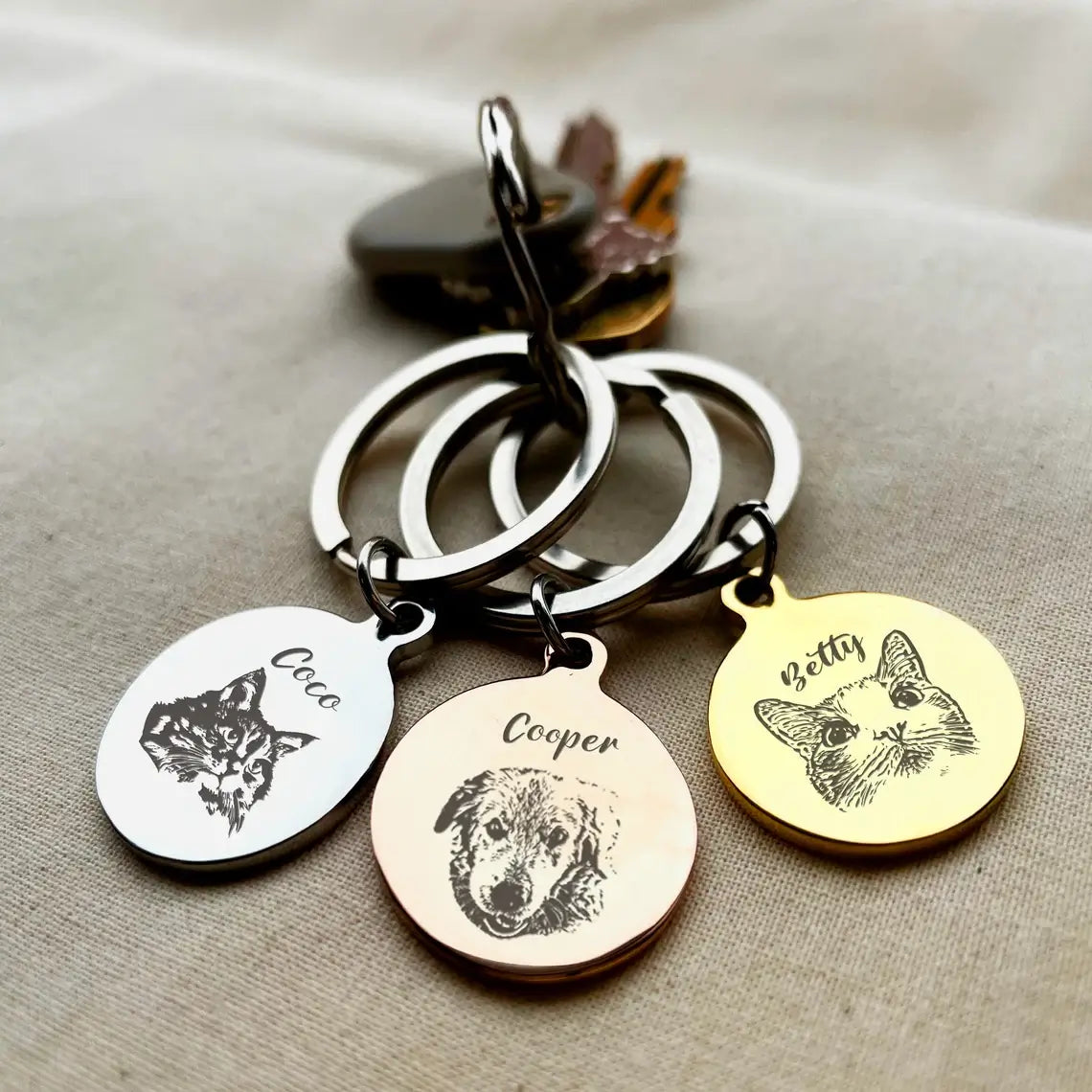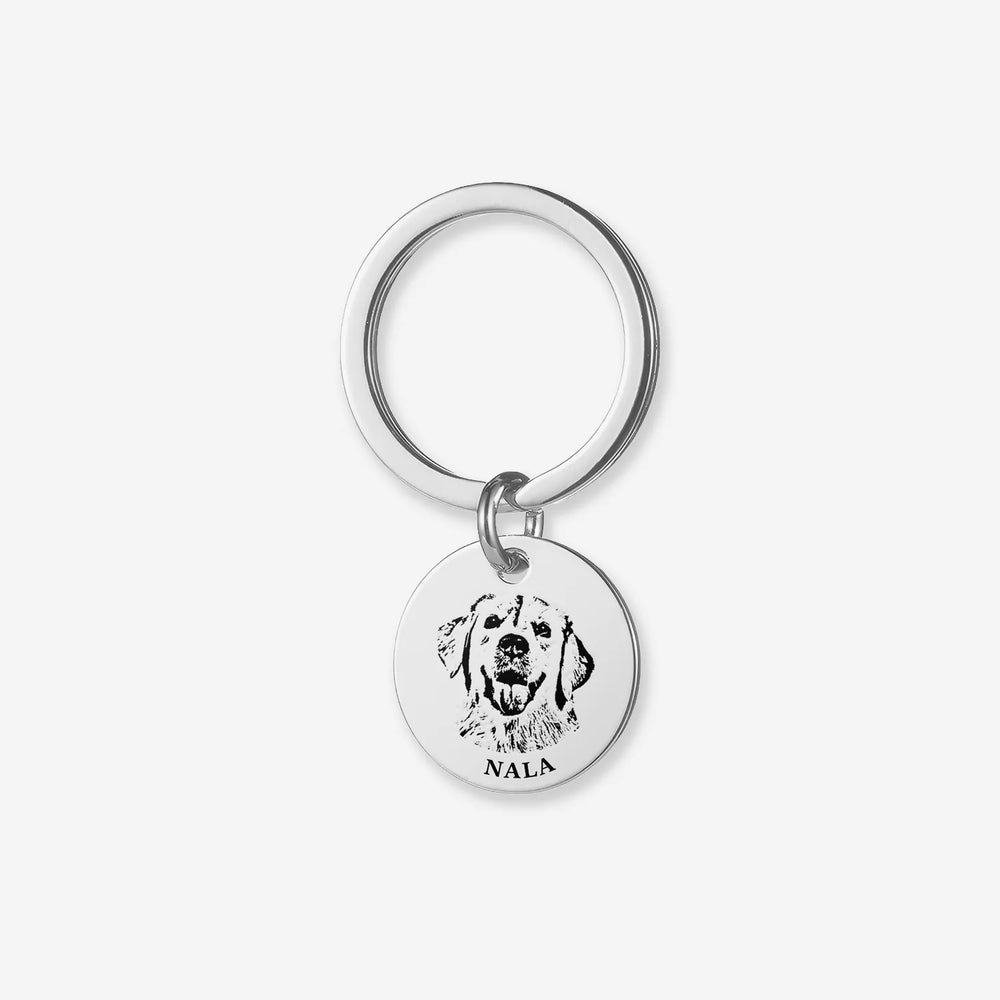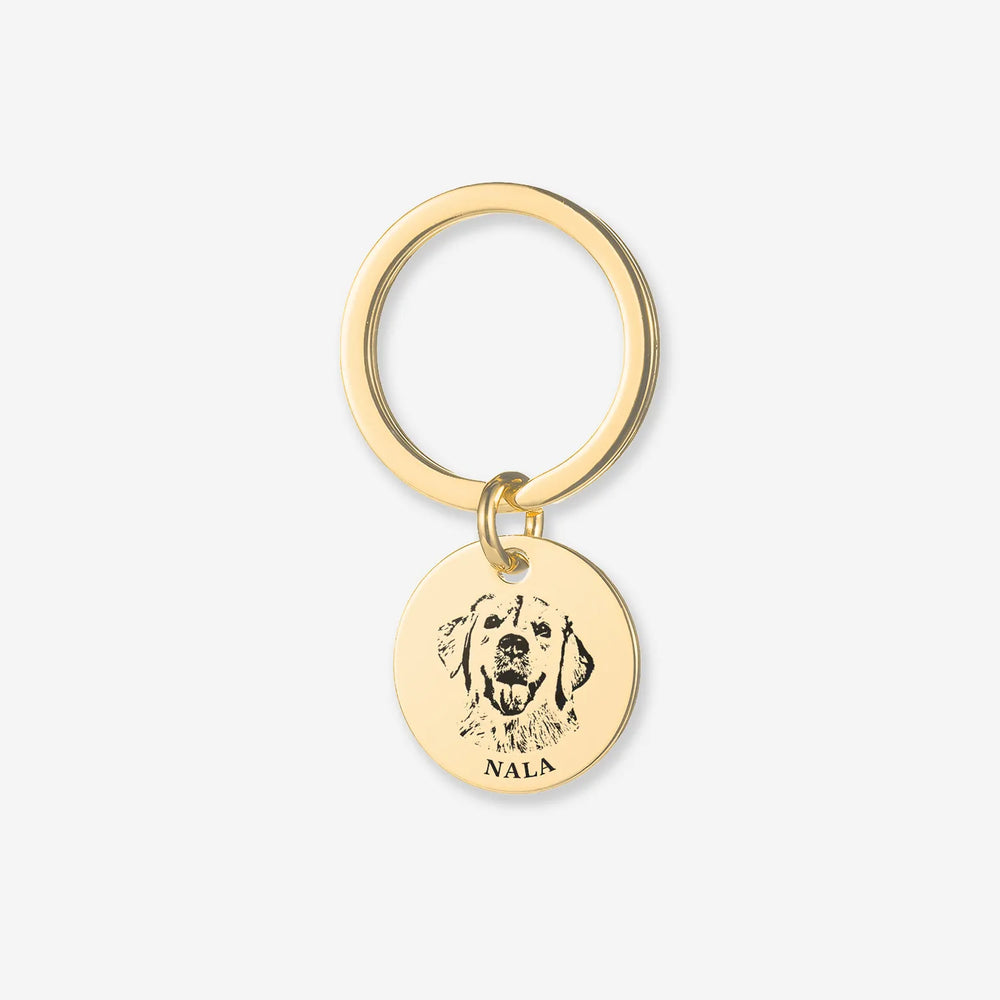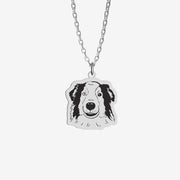Buy One, Get One FREE
Why Pineapple is a Safe and Nutritious Option for Dogs


Can dogs eat pineapple? Yes, they can! Pineapple, when offered in moderation, is a safe and nutritious treat for dogs. Packed with essential nutrients like potassium, manganese, and vitamin C, it supports your dog’s overall health. With its high water content (87%), pineapple helps keep your pup hydrated, and its fiber promotes healthy digestion. However, portion control is crucial to prevent upset stomachs or weight gain. Always ensure you remove the skin, core, and seeds before serving fresh pineapple to your furry companion.
Key Takeaways
Pineapple is a nutritious treat for dogs, rich in vitamin C, manganese, and bromelain, which supports digestion and boosts the immune system.
Always serve fresh pineapple in moderation, removing the skin, core, and seeds to prevent choking hazards and digestive issues.
Avoid canned or processed pineapple due to added sugars; stick to fresh, ripe pineapple for the best health benefits.
Can Dogs Eat Pineapple?
Why Pineapple is Safe in Moderation
Yes, pineapple is safe for dogs, but only when given in moderation. It’s packed with nutrients that can benefit your furry friend. Pineapple contains vitamin C, which helps boost your dog’s immune system. Its high fiber content supports healthy digestion and keeps things moving smoothly in their gut. Plus, it’s a tasty snack that most dogs enjoy!
However, pineapple should never replace a balanced diet. Your dog still needs proteins, fats, and carbohydrates from high-quality sources. Think of pineapple as a treat, not a meal. Too much pineapple can upset their stomach due to its natural sugar and fiber content. Moderation is key to keeping your pup happy and healthy.
Nutritional Profile of Pineapple for Dogs
Pineapple is a nutritional powerhouse for dogs. It’s rich in vitamin C, manganese, and vitamin B6, all of which support your dog’s overall health. The bromelain enzyme in pineapple aids digestion by breaking down proteins, making it easier for your dog to process their food. Pineapple also provides magnesium and folate, which help with energy production and cell repair.
Another bonus? Pineapple is low in calories, making it a great option for dogs who need to manage their weight. Its natural sweetness satisfies their taste buds without adding unnecessary calories.
Common Misconceptions About Pineapple for Dogs
There are a few myths about feeding pineapple to dogs. Some people think pineapple is toxic to dogs, but that’s not true. Others worry it causes diabetes. In reality, overfeeding sugary foods—not pineapple itself—is the real issue. Allergies to pineapple are rare, so most dogs can enjoy it without problems.
One thing to watch out for is canned pineapple. It often contains sugary syrup, which isn’t good for dogs. Always choose fresh pineapple to avoid unnecessary additives.
Health Benefits of Pineapple for Dogs

Digestive Health and Bromelain Enzyme
Pineapple can work wonders for your dog’s digestion. It contains bromelain, a powerful enzyme that breaks down proteins into smaller compounds. This makes it easier for your dog’s digestive system to process food. If your pup occasionally struggles with tummy troubles, bromelain might help regulate their digestion and improve nutrient absorption.
Here’s the cool part: bromelain doesn’t just aid digestion. It also supports a healthy inflammatory response, which can benefit your dog’s overall well-being. However, keep in mind that some enzymes, like bromelain, may lose their effectiveness due to digestive juices. So, while pineapple can help, it’s not a cure-all for digestive health issues.
Immune System Support and Antioxidants
Pineapple is packed with antioxidants that boost your dog’s immune system. Vitamin C, for example, protects against cellular damage and strengthens natural defenses. Bromelain also plays a role in enhancing immunity, making pineapple a double win for your pup’s health.
Here’s a quick breakdown of the key antioxidants in pineapple and their benefits:
Antioxidant |
Contribution to Immune System |
|---|---|
Vitamin C |
Protects cells and bolsters the immune system |
Bromelain |
Enhances immunity through proteolytic enzymes |
These antioxidants don’t just fight free radicals. They also promote immune activity, helping your dog stay healthy and energetic.
Bone Health, Heart Function, and Anti-Inflammatory Properties
Pineapple offers more than just digestive and immune support. It’s also great for your dog’s bones and heart. Nutrients like calcium and phosphorus strengthen bones and teeth, while vitamin C supports bone health and energy production.
Bromelain, the star enzyme in pineapple, is known for its anti-inflammatory properties. This can help reduce inflammation in your dog’s body, promoting better joint health and overall comfort. Plus, the dietary fiber in pineapple aids digestion and keeps your dog’s gut happy.
By adding pineapple to your dog’s diet in moderation, you’re giving them a treat that supports their digestion, immune system, and even their bones and heart.
How to Safely Feed Pineapple to Dogs

Fresh vs. Canned Pineapple: What to Choose
When it comes to feeding your dog pineapple, fresh is always the better choice. Fresh pineapple retains its natural nutrients, like vitamin C and bromelain, which are beneficial for your dog’s health. On the other hand, canned pineapple often sits in sugary syrup, which can harm your dog. The extra sugar can lead to weight gain or even increase the risk of diabetes.
By choosing fresh pineapple, you’re giving your dog a treat that’s lower in sugar and packed with natural enzymes, vitamins, and minerals. These nutrients are often lost during the canning process. So, if you’re incorporating pineapple into your dog’s diet, stick to fresh, raw pineapple for the best results.
Proper Serving Sizes and Preparation Tips
Serving pineapple to your dog in the right way is crucial. Start by removing the crown, spiny skin, and hard inner core. These parts are tough to digest and could pose choking hazards. Once you’ve prepped the pineapple, cut the flesh into bite-sized chunks that are easy for your dog to chew.
Portion size matters too. Here’s a quick guide to help you decide how much pineapple to give based on your dog’s size:
Dog Size/Weight |
|
|---|---|
Extra small (2 - 20 lbs) |
1-2 pieces |
Small (21 - 30 lbs) |
2-3 pieces |
Medium (31 - 50 lbs) |
5-6 pieces |
Large (50 - 90 lbs) |
Handful of pieces |
Extra large (91+ lbs) |
Large handful of pieces |
Remember, moderation is key. Too much pineapple, even raw pineapple, can upset your dog’s stomach due to its natural sugar and fiber content.
Forms to Avoid: Sugary, Processed, or Unripe Pineapple
Not all pineapple is safe for dogs. Avoid giving them sugary or processed forms, like canned pineapple in syrup or dried pineapple with added sugar. These can lead to weight gain, tooth decay, or even digestive issues. Unripe pineapple is another no-go. Its high acidity can irritate your dog’s stomach and cause discomfort.
Stick to fresh, ripe pineapple when incorporating pineapple into your dog’s diet. This ensures they get the health benefits without the risks. Always double-check that the pineapple is free from added sugars or harmful preservatives before serving.
Potential Risks of Pineapple for Dogs
Overfeeding and Digestive Issues
While pineapple offers many benefits, overfeeding can lead to digestive problems. Pineapple contains natural sugars and fiber, which are great in small amounts but can upset your dog’s stomach if consumed excessively. Too much pineapple might cause diarrhea, bloating, or even vomiting. Dogs with sensitive stomachs are especially prone to these issues.
To avoid overfeeding, stick to the recommended serving sizes based on your dog’s weight. Remember, pineapple should complement your dog’s diet, not replace it. Treats like pineapple are meant to provide occasional benefits, not become a daily staple. Moderation is key to keeping your pup happy and healthy.
Allergies or Sensitivities to Pineapple
Although rare, some dogs can develop allergies or sensitivities to pineapple. It’s important to watch for symptoms if you’re introducing pineapple for the first time. Signs of an allergic reaction include:
Itching
Hives
Digestive disturbances
Respiratory issues
Certain breeds may also be more prone to health conditions like diabetes, which can make sugary treats riskier. Here’s a quick look at breeds that are more susceptible:
Australian Terriers |
Bichon Frises |
Cairn Terriers |
Golden Retrievers |
German Shepherds |
Poodles |
Pugs |
Schnauzers |
If you notice any unusual symptoms after feeding pineapple, stop immediately and consult your vet. While the benefits of pineapple are undeniable, your dog’s safety always comes first.
Choking Hazards: Removing the Core and Skin
Feeding pineapple without proper preparation can pose serious choking hazards. The skin, green crown, and hard core are indigestible and can block your dog’s airway or intestines. These parts are too dense for dogs to chew or digest properly. Always remove them before serving pineapple to your pup.
The core and skin can also lead to intestinal blockages, which may require medical intervention. To keep your dog safe, stick to the soft, fleshy part of the fruit. Cutting it into small, bite-sized pieces further reduces the risk of choking. Proper preparation ensures your dog enjoys the benefits of pineapple without any unnecessary risks.
Pineapple is a fantastic option when you’re looking for a healthy treat for your dog. It’s a nutrient-dense snack packed with vitamins, antioxidants, and enzymes that support digestion, immunity, and overall health. Just remember to prepare it properly and serve it in moderation.
Always consult your vet before introducing pineapple or any new food to your dog’s diet. This ensures your furry friend stays safe and happy while enjoying their tasty treat!
FAQ
Can puppies eat pineapple too?
Yes, but only in small amounts. Puppies have sensitive stomachs, so introduce pineapple gradually. Always remove the skin and core before serving.
What should I do if my dog eats too much pineapple?
Watch for symptoms like diarrhea or vomiting. Offer water and monitor your dog. If symptoms persist, contact your vet for advice.
Can pineapple stop dogs from eating poop?
Some believe pineapple’s enzymes deter poop-eating behavior. However, results vary. Consult your vet for effective solutions to this issue.
🐾 Tip: Always introduce new foods slowly to avoid upsetting your dog’s stomach.




















